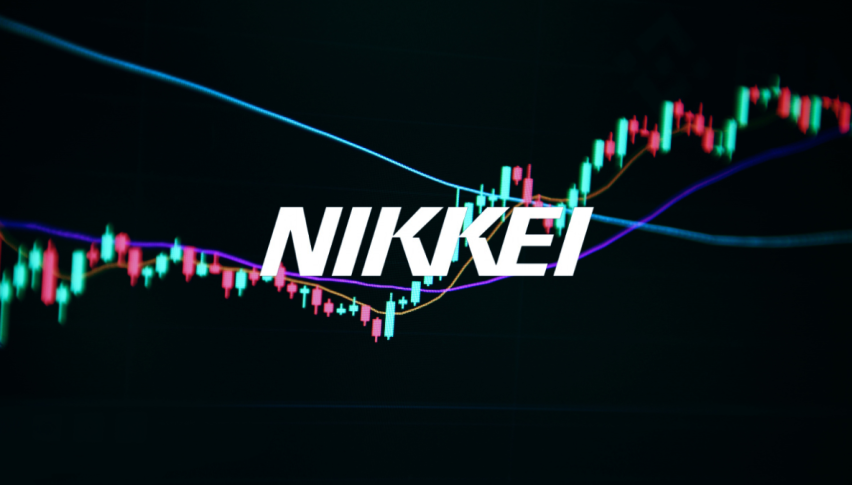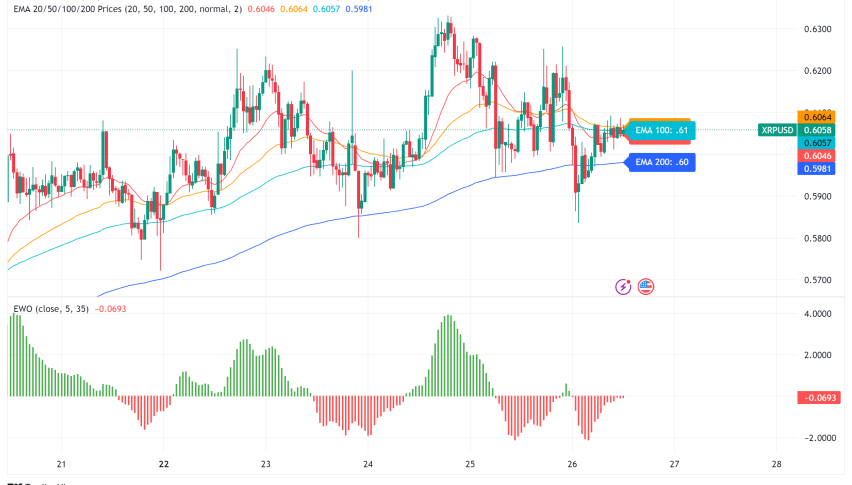DAX Hits New High of 17,102 Amid Mixed Economic Signals and Geopolitical Tensions

European and German Economic Data Influence on DAX
Economic Indicators and Fed Policy Impact on DAX
On the US front, economic indicators and Federal Reserve (Fed) policy decisions affect the DAX index. The recent release of US retail sales data for January, which showed a decline, sparked speculation about a potential Fed rate cut in the first half of 2024. Although jobless claims were slightly down, they indicated stable labour market conditions.
Geopolitical Events and Its Impact on the DAX Index
On the geopolitical front, events like the Israel-Gaza conflict can influence the DAX index. However, the ongoing worries about rising violence and its impact on people may make investors uncertain and cause market ups and downs.
Statements from the Israeli prime minister against recognizing a Palestinian state without agreement show how global tensions can affect markets like the DAX.
Typically, this situation was seen as negative for the stock, including DAX, because it introduced instability and increased the risk in the market.
Investors monitor geopolitical developments closely for their potential to disrupt economic stability and investor confidence, influencing DAX performance.
DAX (Germany 30) Price Forecast: Technical Outlook
The DAX index, Germany’s benchmark stock market index, has shown positive momentum, marking a 0.60% increase to stand at 17,046.69.
This uptick reflects investors’ growing confidence amidst the current market environment, positioning the DAX for potential further gains.

Key technical levels to watch include a pivot point at 17,003.41, with immediate resistance observed at 17,111.66. Further resistance points are set at 17,179.07 and 17,242.64, which could cap upward movements. On the downside, support levels at 16,929.81, 16,831.11, and 16,764.19 offer safety nets against retracements.
Technical Insights:
- The Relative Strength Index (RSI) at 59 suggests a balanced yet leaning towards bullish market sentiment.
- The 50-day Exponential Moving Average (EMA) at 16,908.94 supports the bullish trend, indicating sustained buying pressure.
Given these factors, the DAX’s current trajectory suggests a bullish outlook above the 17,003.41 mark. Investors and traders should monitor these pivotal levels closely, as movements above or below these points could signal the index’s short-term direction.
| Broker | Website | |
|---|---|---|
| 🥇 |  | Visit Broker >> |
| 🥈 |  | Visit Broker >> |
| 🥉 |  | Visit Broker >> |
| 4 |  | Visit Broker >> |
| 5 |  | Visit Broker >> |
| 6 |  | Visit Broker >> |
| 7 |  | Visit Broker >> |











